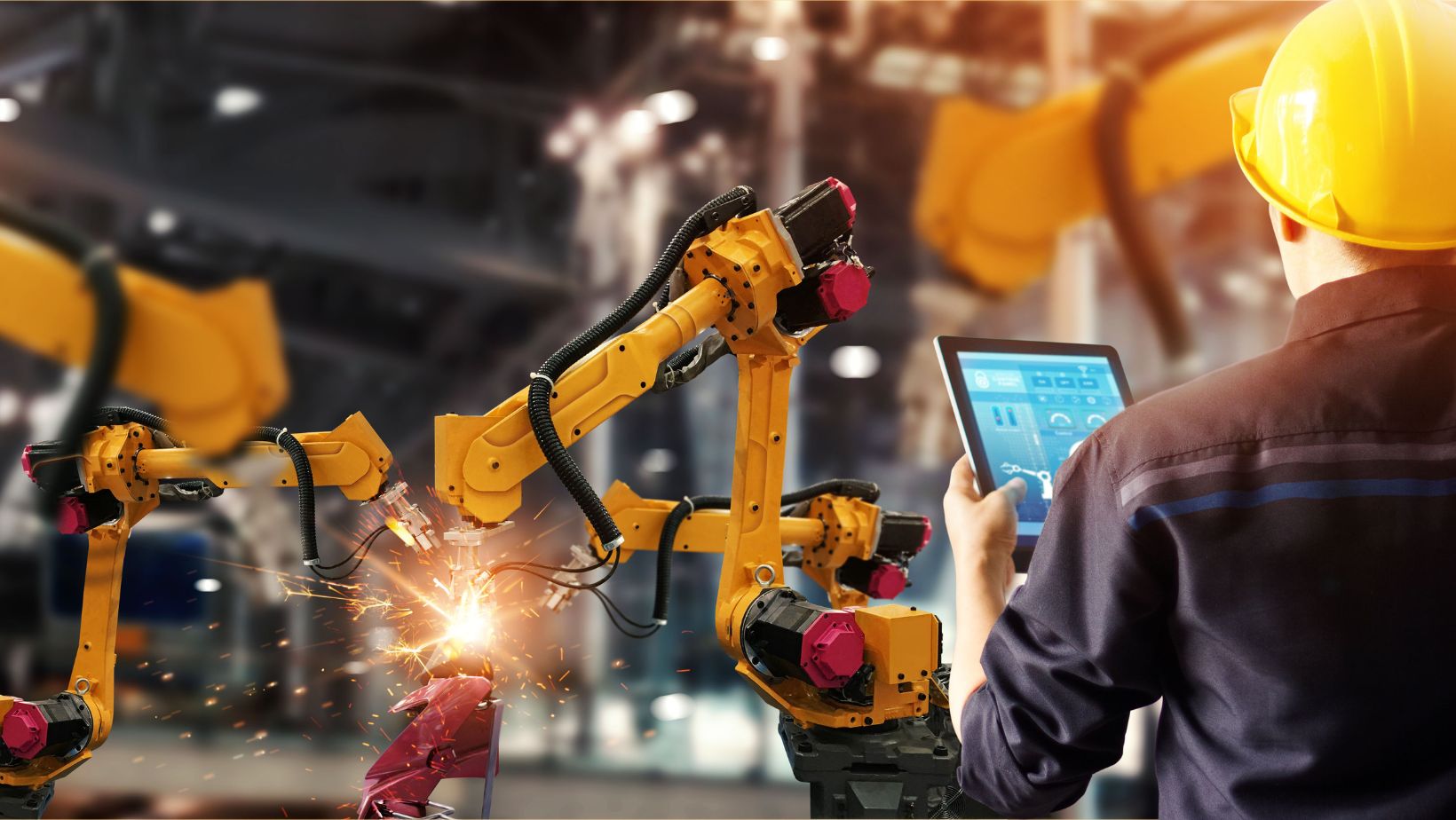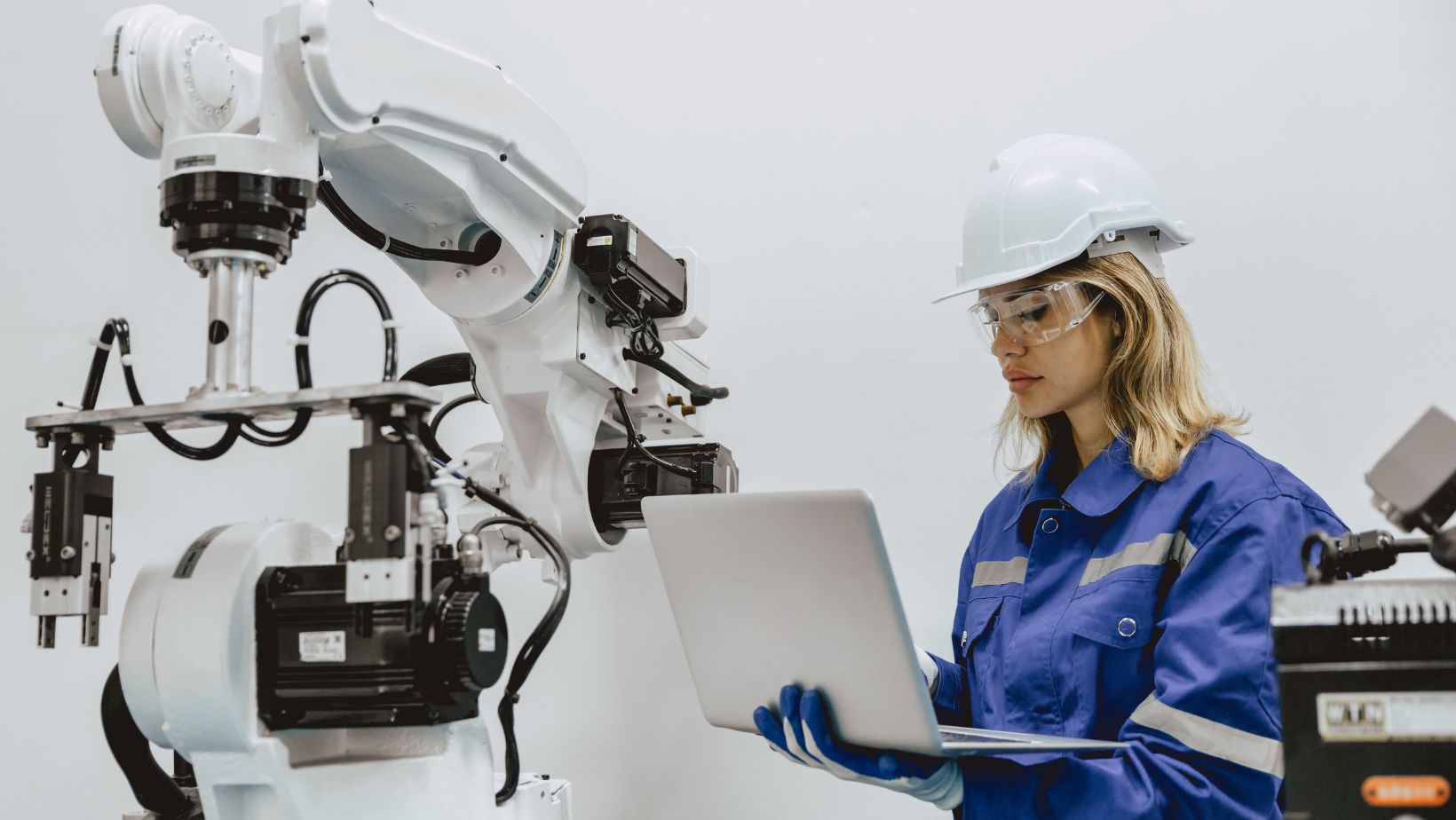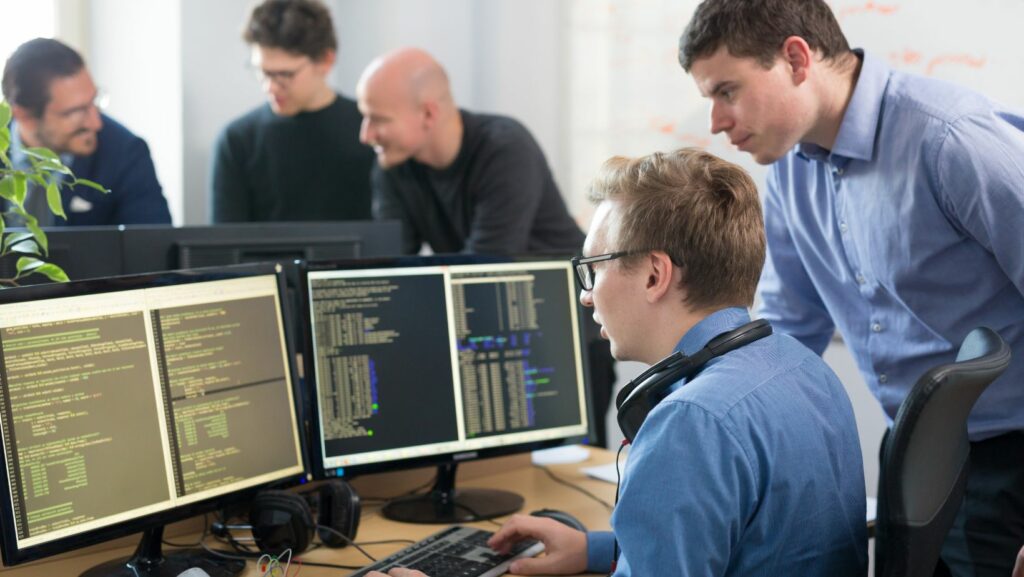As a robotics software engineer, I dive into the exciting world where cutting-edge technology meets innovation. Crafting code that brings robots to life is not just a job for me; it’s a passion. From designing algorithms for autonomous navigation to fine-tuning motion control systems, every line of code I write shapes the future of robotics. In this dynamic field, I constantly find myself at the forefront of technological advancements, pushing the boundaries of what’s possible. Whether I’m debugging complex software or optimizing machine learning algorithms, the thrill of problem-solving in robotics fuels my drive for excellence. Join me on this journey as we explore the fascinating intersection of software engineering and robotics.
Robotics Software Engineer

As a robotics software engineer, I specialize in developing code that breathes life into robots. Crafting algorithms for autonomous navigation and refining motion control systems are at the core of my daily work. Each line of code I write plays a crucial role in shaping the future of robotics, driving technological advancements in the field. Debugging intricate software and enhancing machine learning algorithms allow me to push the boundaries of what’s achievable in robotics, a dynamic and ever-evolving domain. A robotics software engineer is an individual who focuses on creating, designing, and implementing software systems that enable robots to perform various tasks autonomously. This role demands a strong background in programming languages and algorithms, coupled with a deep understanding of mechanical systems. Robotics software engineers work at the intersection of software development and robotics, combining their expertise to enhance robot functionality and performance.
Required Skills for Robotics Software Engineers
As a robotics software engineer, I rely on a diverse skill set to develop cutting-edge robot technologies. Let’s explore the key competencies that help me excel in this dynamic field.
Programming Languages Essential for Robotics

In my role, I utilize a range of programming languages to bring robots to life. Proficiency in languages such as C++, Python, and Java is crucial for creating efficient and robust software solutions for robots. These languages enable me to program algorithms for navigation, integrate sensor data, and optimize control systems effectively. Having a deep understanding of robotics systems and hardware is fundamental in my work. It’s essential to grasp the intricacies of robot components, sensors, and actuators to design software that operates seamlessly with the physical robot. Knowledge of hardware interfaces, communication protocols, and sensor technologies is vital for developing software that enhances a robot’s functionality and performance.
Employment Opportunities and Career Growth

Entering the field of robotics software engineering opens up a world of exciting opportunities. With the right skills and qualifications, I can embark on a rewarding career designing, developing, and implementing cutting-edge robotic systems. The demand for skilled robotics software engineers continues to grow across various industries, offering a promising outlook for career advancement. By staying updated on the latest technologies and trends in robotics, I can position myself for success in this dynamic field. Pursuing continuous learning and honing my expertise will enable me to thrive in a competitive job market. Robotics software engineering is not just a job; it’s a gateway to shaping the future of technology and innovation.
Educational Pathways to Become a Robotics Software Engineer
As I delve into the educational pathways to become a robotics software engineer, let’s explore the various degree programs and certifications as well as the significance of practical experience in this field.
Degree Programs and Certifications
In pursuing a career as a robotics software engineer, obtaining a relevant degree is paramount. Degrees in computer science, software engineering, robotics engineering, or a related field provide the essential foundation needed to excel in this role. Additionally, certifications in programming languages such as C++, Python, and Java can enhance one’s skill set and credibility in the field. Specialized certifications in robotics or AI can also distinguish candidates in this competitive industry. A robotics software engineer is an individual who focuses on creating, designing, and implementing software systems that enable robots to perform various tasks autonomously.



